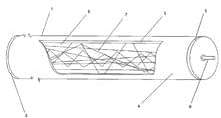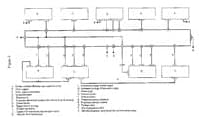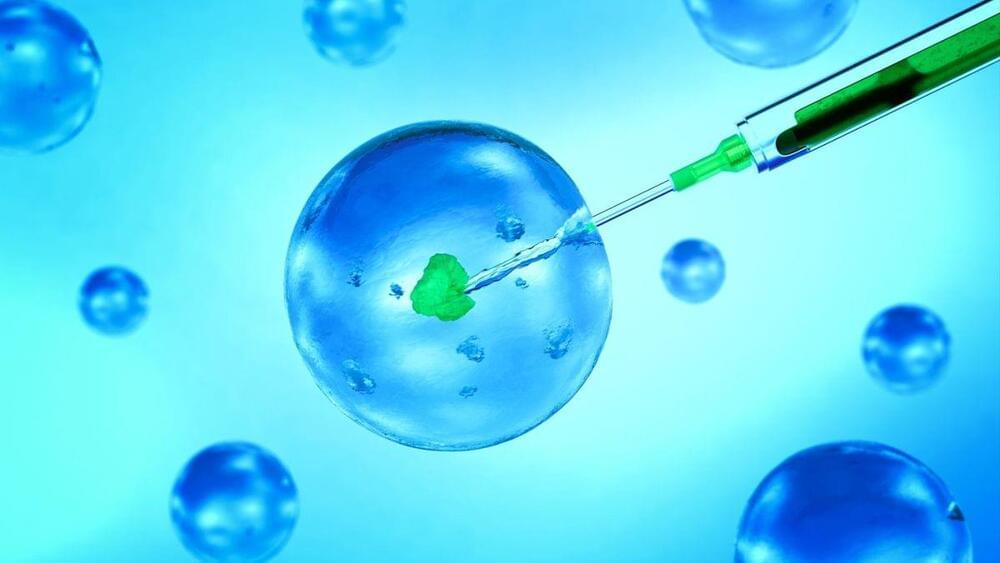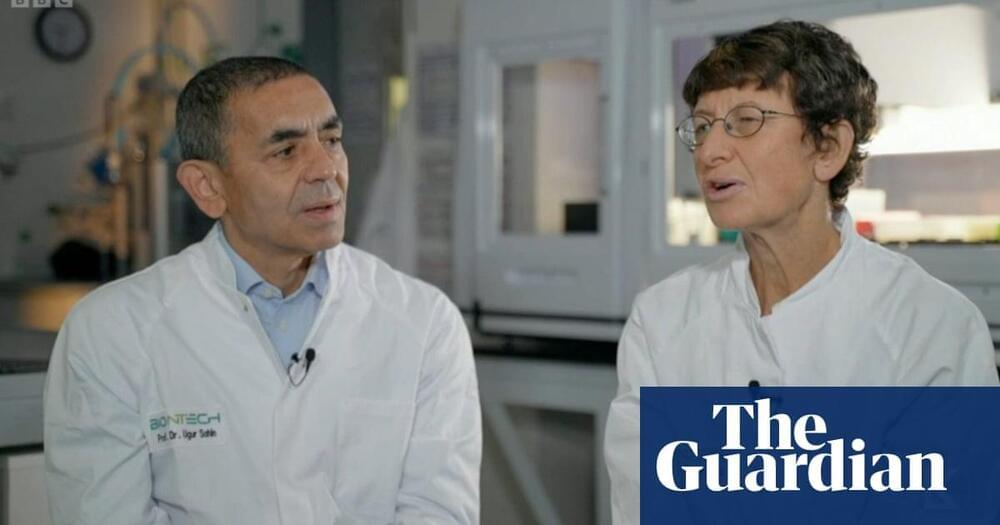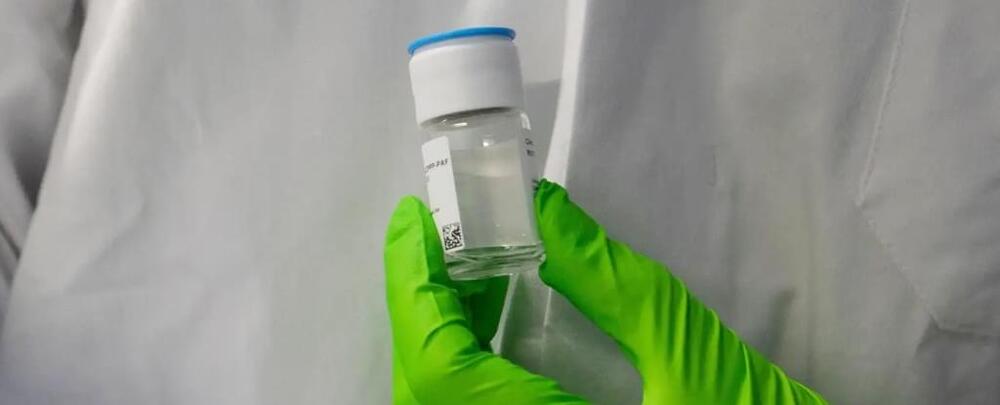Adobe wants to show the world that AI can do more for designers than generate frightening JPEGs.
AI-powered, generative image search engines, like DALL-E and Stable Diffusion, have stolen the hearts of AI enthusiasts since their release. Some even warned this may be the death of Photoshop, Adobe’s signature imaging software.
But after viewing Adobe’s latest innovations at the MAX Conference in Los Angeles this week, the company is taking a different approach with AI.


